HOLIDAY PAY
Q: Are we required to pay employees double time for holiday pay?
A: Which holidays are paid holidays and the rate of pay for working on those days is a matter of company policy or compliance with a collective bargaining agreement. There is no provision in state or federal law requiring an employer to provide workers with a specific number of (or any) holidays off or with "holiday" pay if an employee works on a holiday. However, if working on a holiday would put the employee over the 40-hour per week threshold for overtime, then the employee must be paid at the overtime rate.
SMALL MARKET OVERTIME EXEMPTION
Q: I know that there is an exemption in federal law from overtime for announcers, news editors and chief engineers that applies to stations in small markets. Can Washington broadcasters take advantage of this federal law?
A: No, unfortunately. Washington state law does not contain a similar exemption. Therefore, the state law is "more protective" of employees than the federal and the state law will control. In other words, the federal Small Market Broadcasting Exemption to the overtime requirement may not be relied upon by Washington broadcast employers.
PHOTOS OF JOB APPLICANTS
Q: Our station does a lot of promotions with our advertisers where our on-air personalities appear in person. We want to make sure we hire on-air talent that will make a good impression on advertisers and listeners who come to the promotions. Can we ask them to send us a picture with their demo and resume?
A: No. Washington law does not permit an employer to require a job applicant to submit photographs prior to employment. You can ask for a photograph after hiring for identification purposes. Interview questions or requirements cannot give the applicant the impression that persons of a particular race, religion, gender or age will be favored or disfavored. Questions or requirements that convey this impression to a reasonable person are prohibited even if they are not made with the intent of unlawful discrimination. The effect of questions or requirements is judged in light of how they can be interpreted by the applicant. The station must be careful to avoid not only the intent to discriminate, but also the possibility that their expressions and actions may be so interpreted.
